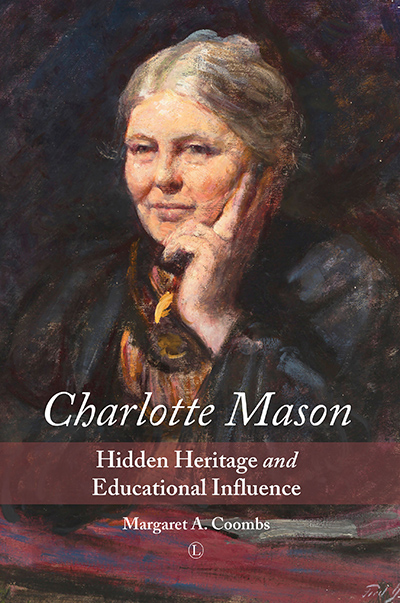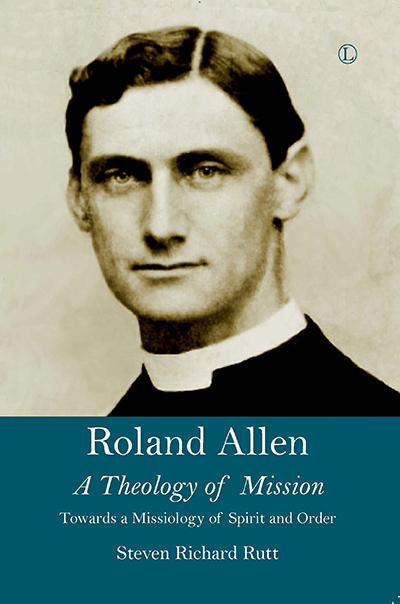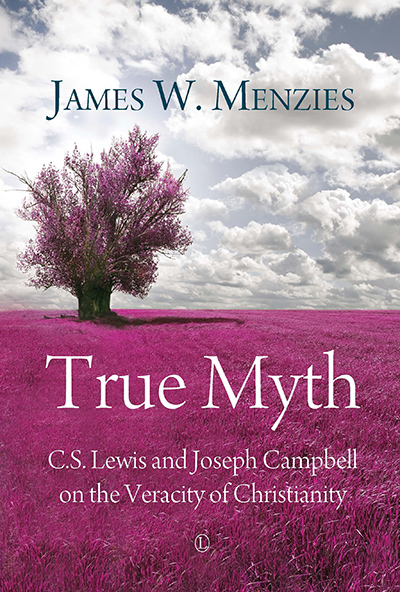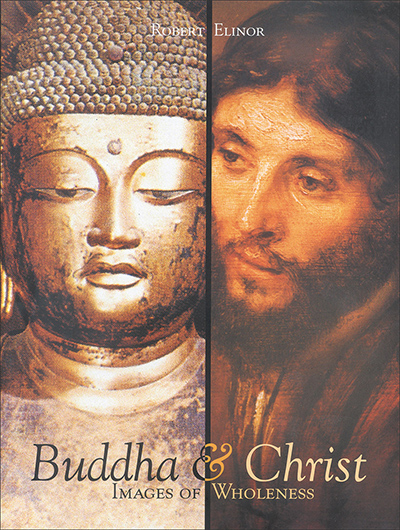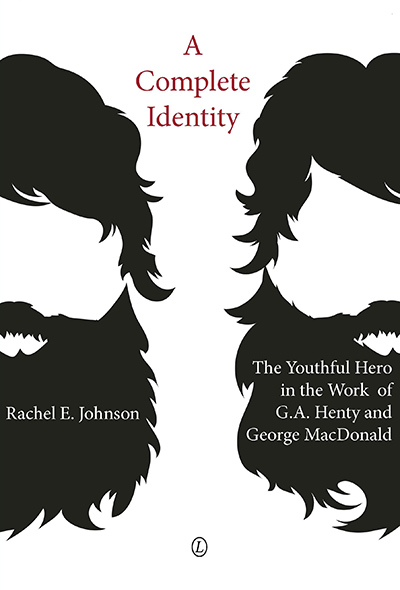Description
As the acknowledged founder and philosopher of the Parents’ National Educational Union (PNEU), Charlotte Mason was revered by her followers as a saintly Madonna figure. She died in 1923 at the peak of her fame, having achieved mythic status as the Principal of her House of Education and wide recognition after the introduction of her liberal educational programmes into state schools. Yet her early life and heritage remained shrouded in mystery. Drawing upon insubstantiated sources, the official biography released in 1960 confused rather than illuminated Charlotte’s background, contributing to several enduring misapprehensions.
In her new and definitive biography, Margaret Coombs draws on years of research to reveal for the first time the hidden backdrop to Charlotte Mason’s life, tracing the lives of her previously undiscovered Quaker ancestors to offer a better understanding of the roots of her personality and ideas. Coombs charts her rise from humble beginnings as an orphaned pupil-teacher to great heights as a lady of culture venerated within prestigious PNEU circles, illustrating how with determination she surmounted the Victorian age’s rigid class divisions to achieve her educational vision. A thorough analysis of Charlotte Mason’s educational influences and key friendships challenges longstanding notions about the roots of her philosophy, off ering a more realistic picture of her life and work than ever accomplished before.
With a growing following in the USA and Australia, Charlotte Mason’s ideas have a clear relevance to the continuing educational debate today. Admirers of her philosophy and scholars of the history of education will fi nd much to enthral and instruct them in these pages.
About the Author
Margaret A. Coombs is a sociologist and social historian, especially interested in the Victorian age. She is author of a number of publications, including journal articles and blog posts reviewing her research into Charlotte Mason and the PNEU.
Contents
List of Illustrations
The Family Tree of Charlotte Maria Shaw Mason
A Timeline for Charlotte Mason
Foreword by John Thorley
Acknowledgements
1. Introduction: Who Was Charlotte Mason?
2. A Westmorland Quaker Heritage
3. Charlotte Mason’s Grandparents: Arthur Mason and Mary Gough, 1744-1795
4. Joshua Mason’s Forty Years in Waterford, 1795-1835
5. Trouble at Staplestown Mills, 1835-1841
6. Charlotte Mason’s Mysterious Childhood, 1842-1852
7. Pupil-Teaching at Holy Trinity School, Birkenhead, 1854-1859
8. ‘A Bud to be Unfolded’: At the Home and Colonial Training Institution, 1860-1861
9. Mistress of the Davison Memorial Infantine School in Worthing, 1861-1873
10. Senior Governess at the Gentlewomen’s College in Chichester, 1874-1878
11. The Breakthrough in Bradford, 1879-1888
12. ‘Education is an Atmosphere, a Discipline, a Life’, 1888-1893
13. The 1894 Challenge and the Mason-Franklin Alliance, 1894-1897
14. The PNEU Educational Philosopher, 1898-1905
15. A Liberal Education for All, 1905-1922
16. The Unseen Presence, 1923
Appendix: A Short Synopsis of Educational Theory
Notes
Selected Bibliography
Index
Endorsements and Reviews
This book presents a well-written and scholarly account of Charlotte Mason and her world, placing her firmly in the great tradition of Quaker thinkers, and tracing her development as an educationalist and the influences upon her. The importance of her Quaker background, which has never been explored before, sheds new light on the formation of her educational principles, which are still practised in our schools today.
Heather Eggins, Visiting Professor of Education, University of Sussex
It is to Margaret Coombs’ great credit that she has woven an excellent, imaginative and fascinating story of the well-known educator.
Miriam David, Professor Emerita of Sociology of Education, UCL Institute of Education
The story of Charlotte Mason, long seen through the lens of Essex Cholmondeley and her predominantly mythical panegyric, has now reached a higher form of clarity, historical rigour, and accuracy through this new work by Margaret Coombs. Archival work can be frustrating, time-consuming, and yet rewarding. Here we find one such productive example. In these pages, the early life and educational philosophy of Mason come to life in an engaging and well-researched narrative that helps dispel the romanticised and inauthentic picture that has been perpetuated in current circles. Critical readers will find much here to ponder as the historical veil that has long obfuscated Mason’s life becomes more transparent.
Dr Jack Edward Beckman, Professor of Education, Covenant College
… I always felt that the real Charlotte Mason was an enigma. What explains her innovative ideas and her determined, charismatic personality? This scholarly and engaging book provides definitive answers and reveals the origins of Charlotte Mason’s passion for social justice. … all readers of this book will have a more complete understanding of this amazing person, of her considerable achievements and continuing importance.
Dr Hilary Cooper, Emeritus Professor of History and Pedagogy, University of Cumbria
This much needed book answers long standing questions about the family background and influences on Charlotte Mason. Margaret Coombs’ meticulous research reveals the hitherto unexplored and unexplained early family life of an often overlooked educator. Charlotte Mason always thought that her work would ‘speak for her’ but Coombs’s detailed scholarship helps the reader to understand the origin of an educational philosophy that spread across the world and across social classes. It is an important addition to the currently available secondary material on an enigmatic woman.
Stephanie Spencer, Head of Department of Education Studies, University of Winchester
Margaret Coombs has shown herself a tenacious researcher, tirelessly digging into the life of Charlotte Mason. Her discoveries will surely generate fresh discussions on Mason’s life and work, helping us in the twenty-first century to probe further into the life and work of this remarkable educator.
J. Carroll Smith, Director of the Charlotte Mason Institute
Margaret Coombs has accomplished impressive archival research in tracking down traces of the illusive Charlotte Mason. Because of this work, it is possible to better understand where Mason came from and how her background influenced her choices later in life.
Rachel Neiwert, Assistant Professor of History, Geography and Political Science, St Catherine University, Minneapolis
It is a wonderful and very welcome addition to Mason scholarship, densely researched and impressive in its range of references, there are some exciting discoveries here about Mason’s family background which greatly add to our understanding of her personality and life story. It provides an excellent insight into the remarkable life and achievements of an extraordinary individual, whilst also helping us to understand the constraints experienced by all women in Victorian society, as well as the new opportunities available to the more resourceful of them.
Christina de Bellaigue, Associate Professor, Jackson Fellow and Tutor in Modern History, Exeter College, Oxford
Margaret Coombs’s diligent research over many years has revealed much that was hitherto unknown about the life of one of the prominent educationists of the late nineteenth and early twentieth centuries. This lively biography reveals how much of Charlotte Mason’s beliefs and attitudes were influenced by her family background and, because the book does not finish with Miss Mason’s demise in 1923, shows that her theories and method are still in use today. Past students of Charlotte Mason, former pupils of PUS schools and home schools, as well as anyone with an interest in the development of education, will find Margaret Coombs’s book an eminently readable insight into the educational and social life of the late Victorian and Edwardian period.
Caroline Heal, Editor of L’Umile Pianta, 2002-2014
A new biography of Charlotte Mason, founder of Ambleside’s Charlotte Mason College, has solved several mysteries surrounding her family background, revealing fascinating details about her early influences.
Jane Renouf, in Westmorland Gazette, 13 October 2015
… a very readable insight into the educational and social life of the late Victorian and Edwardian period.
Divinity Road Resident’s Association Newsletter, Spring 2016
All in all, this book is a tremendous contribution to the Mason community, and I recommend it highly.
Dr Jen Spencer, on the Charlotte Mason Institute Blog, April 2016
[Margaret Coombs] offers a comprehensive and splendidly illustrated account of her subject, carefully recording the influence of the clergy, who had such a controlling interest in education in Mason’s time.
Michael Wheeler, in Church Times, 22 April 2016
This book is the definitive biography of the Victorian educator Charlotte Mason. It is enjoyable to read. But it is also furnished with an excellent range of resource materials, including more than fifty delightful illustrations of people, places and records.
Edward Cardale, in Crucible: The Journal of Christian Social Ethics, July 2018
Margaret Coombs’ Charlotte Mason is much more than a historical account of the life of Charlotte Mason (1842-1932). Coombs provides an impressive account of the diligence, hard work, perseverance, and courage that Mason mustered. Coombs’ careful work for and dedication to this book will show readers that she herself learned from Mason’s life as she studied it.
Adena Lowry, in International Journal of Christianity & Education, Vol 22, No 1
This is not a casual read, but rather an intense look at the major influences in Charlotte Mason’s life. I am certainly glad to have this perspective as I go back to reading Mason’s original works.
Brittney Rutherford, in The Old Schoolhouse Magazine, Summer 2018

